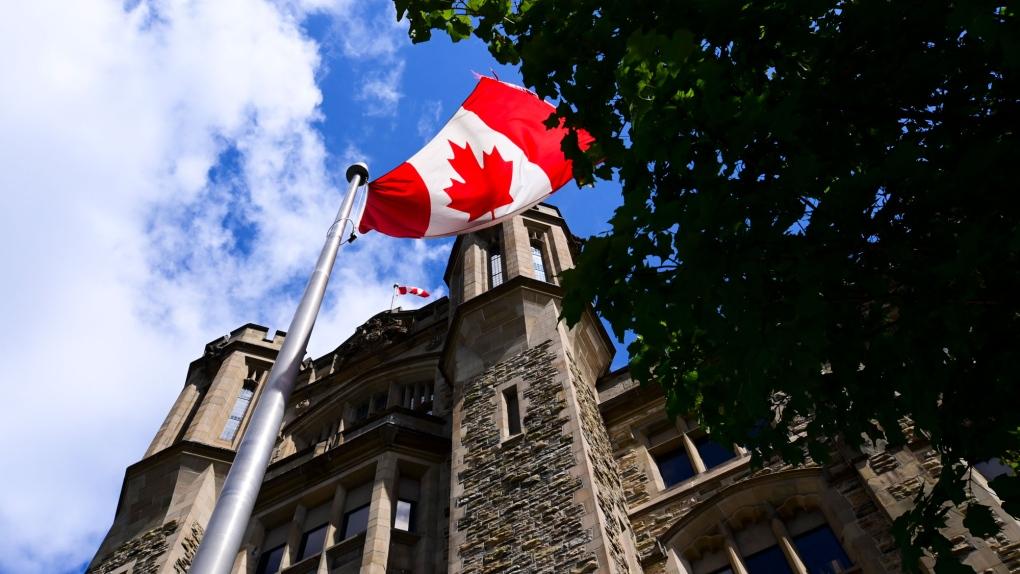With the 44th federal election on Sept. 20, political parties are pumping out economic plans and promises, and the wealthy are once again becoming a punching bag given the types of tax schemes proposed. Such promises can appeal to the masses and win votes, but they come with a number of flaws and implementation difficulties, according to analysts.
But one tax in particular—a wealth tax—is especially inappropriate, says Jack Mintz, President’s Fellow of the School of Public Policy at the University of Calgary and one of Canada’s foremost tax experts.
The NDP is proposing that those with over $10 million in wealth pay a 1 percent wealth tax. Their 115-page commitments document doesn’t provide any further details, however.
“It is an absolutely bizarre policy to recommend,” Mintz told The Epoch Times.
People are already paying tax on their income generated from wealth, such as dividends, capital gains, and interest, he added.
For interest income, the rate of return adjusted for inflation is already negative and a wealth tax would be like double taxation.
“So you’re putting a wealth tax on people that aren’t even earning income on [that wealth],” Mintz said.
The Canadian Taxpayers Federation (CTF) argues against a wealth tax, saying it would be complex to administer and have negative economic impacts, but the organization understands the politics behind the tax.
“The prospect of a wealth tax at the federal level in Canada has the potential for broad political appeal; 99 percent of Canadians are by definition outside the top percentile of wealth in this country, and politicians may be rewarded if they succeed in convincing these voters that the debt burden can be lifted off their shoulders and paid for by someone much richer,” said accountant Neal Winokur in a CTF report released in February titled “Why a Wealth Tax Will Hurt Canadians.”
Measuring all forms of wealth itself is a tricky endeavour. For example, what are paintings worth? How much is a farm worth, especially if it has been in the family for 100 years?
“Taxing wealth is exponentially more complicated,” Winokur said.
In July, the Parliamentary Budget Officer (PBO) performed an analysis to estimate the revenues from imposing a one-time tax on extreme wealth, based on proposals to implement a 3 percent tax on assets over $10 million and a 5 percent tax on assets over $20 million.
The PBO determined that for those facing the 3 percent tax rate, 15 percent of their wealth is likely to be avoided or evaded through tax avoidance and evasion techniques, while for those facing the 5 percent tax rate, nearly 20 percent of their wealth would be avoided or evaded. The federal spending watchdog said that not expecting such a behavioural response to a wealth tax is implausible and that there is “high uncertainty about the true response to the imposition of this tax.”
Canada already has a highly progressive tax system, said Philip Cross, a senior fellow at the Fraser Institute in a January 2020 study on taxing the rich.
“The top 10 percent of income-tax filers pay over half of all income taxes,” Cross said, adding that their relative tax burden is the highest on record dating back to 1982.





